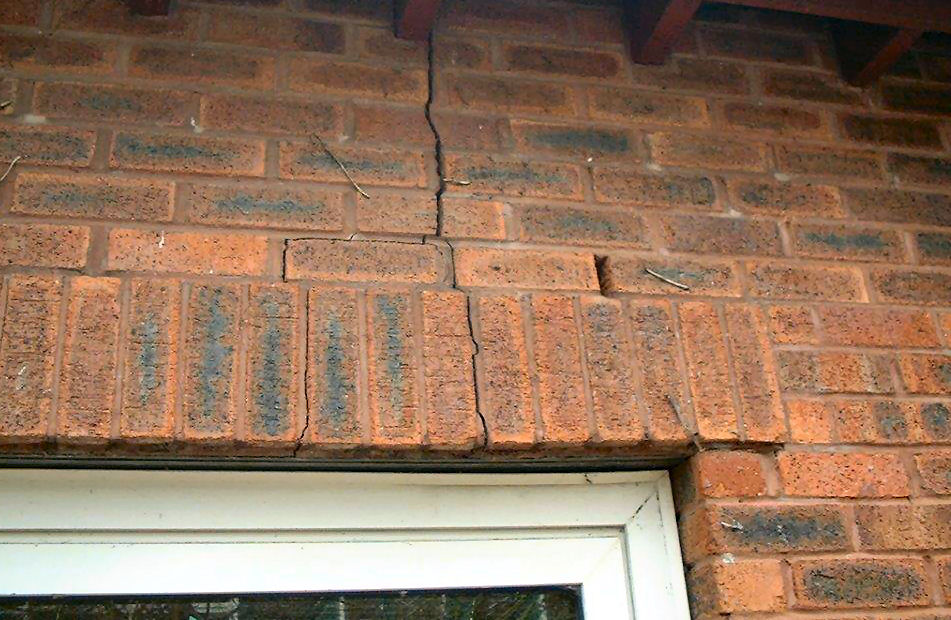
Image Source: Google
Lintels play a crucial role in supporting the weight of the masonry above openings such as doors and windows in a building. Over time, lintels can deteriorate due to various factors, including age, weather exposure, and poor maintenance. Ignoring the warning signs of a failing lintel can lead to serious structural issues and safety hazards.
The first sign that your home may need a lintel replacement is visible cracking above doors and windows. If you notice horizontal or stair-step cracks in the masonry above your openings, it could be a sign that the lintel is failing. Cracks occur when the lintel is not able to support the weight of the masonry above, causing the wall to shift and crack.
Another warning signal that your home may need a lintel replacement is sagging or unevenness above doors and windows. If you notice that the masonry above your openings is sagging or uneven, it is likely that the lintel has lost its structural integrity and is no longer able to support the weight above. This can lead to further settlement of the masonry and compromise the stability of the wall.
Rust stains or corrosion on the exterior of the lintel are also indicators that it may need to be replaced. Lintels are typically made of metal, such as steel, and are susceptible to rust and corrosion over time, especially in areas with high moisture levels. Rust weakens the metal and can cause it to deteriorate, compromising its ability to support the masonry above.
If you hear unusual noises coming from above your doors and windows, such as creaking or popping sounds, it could be a sign that the lintel is failing. These noises occur when the lintel is under stress and is unable to support the weight above, causing the masonry to shift and settle. Ignoring these noises can result in further damage to the lintel and the surrounding masonry,.
Lastly, if you notice that your doors and windows are sticking or difficult to open and close, it could be a sign that the lintel above them is failing. As the lintel loses its structural integrity, it can cause the masonry above to settle and shift, resulting in uneven openings that can affect the operation of doors and windows.
In conclusion, it is important to pay attention to the warning signs that indicate your home may need a lintel replacement. Cracking, sagging, rust stains, unusual noises, and sticking doors and windows are all signs that the lintel is failing and needs to be replaced. Ignoring these warning signals can lead to serious structural issues and safety hazards.